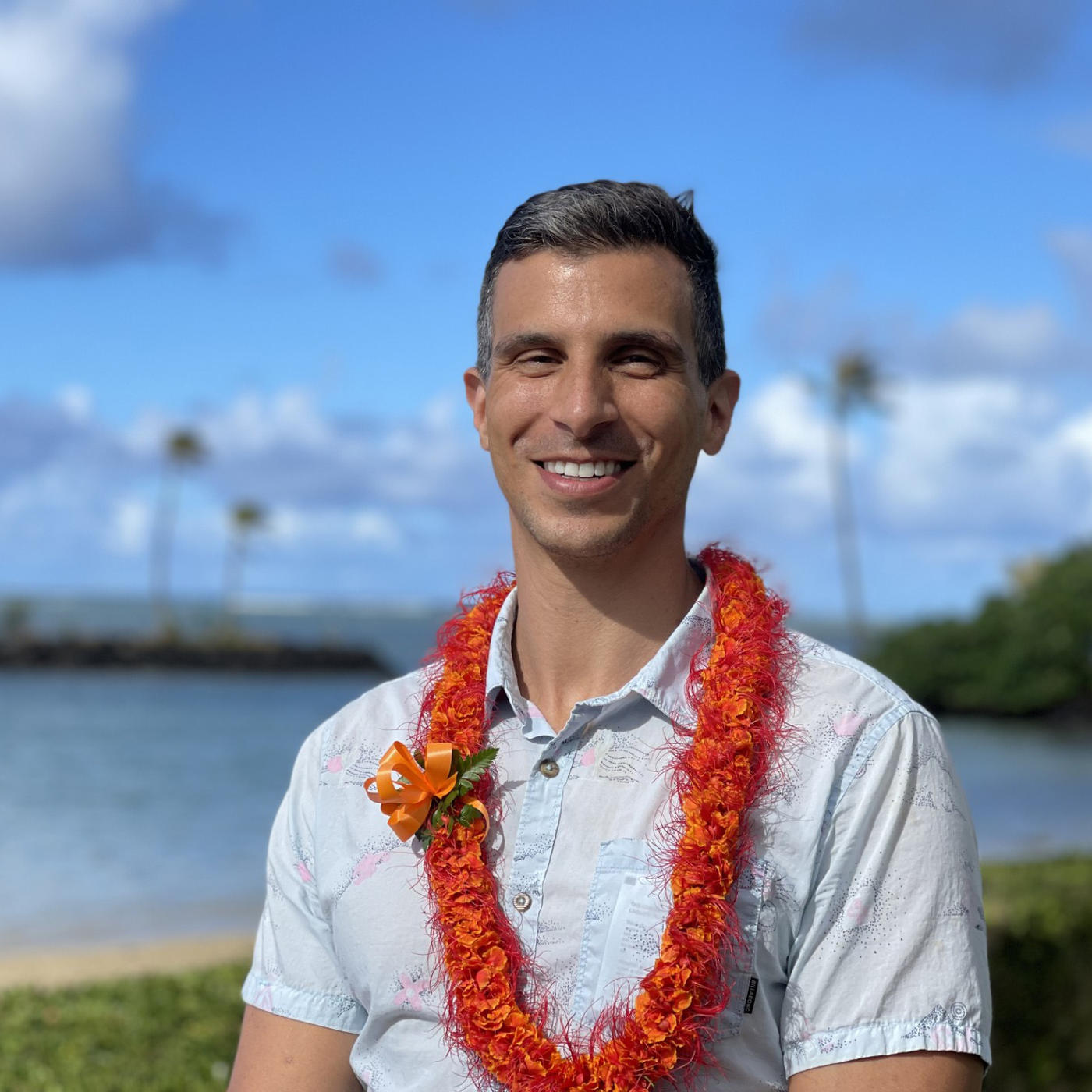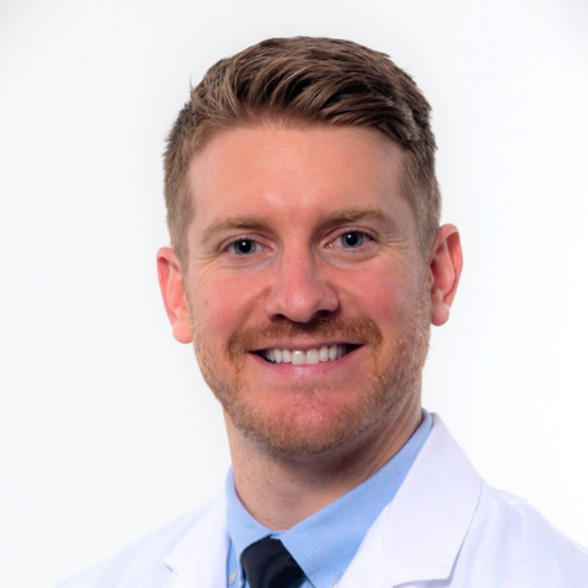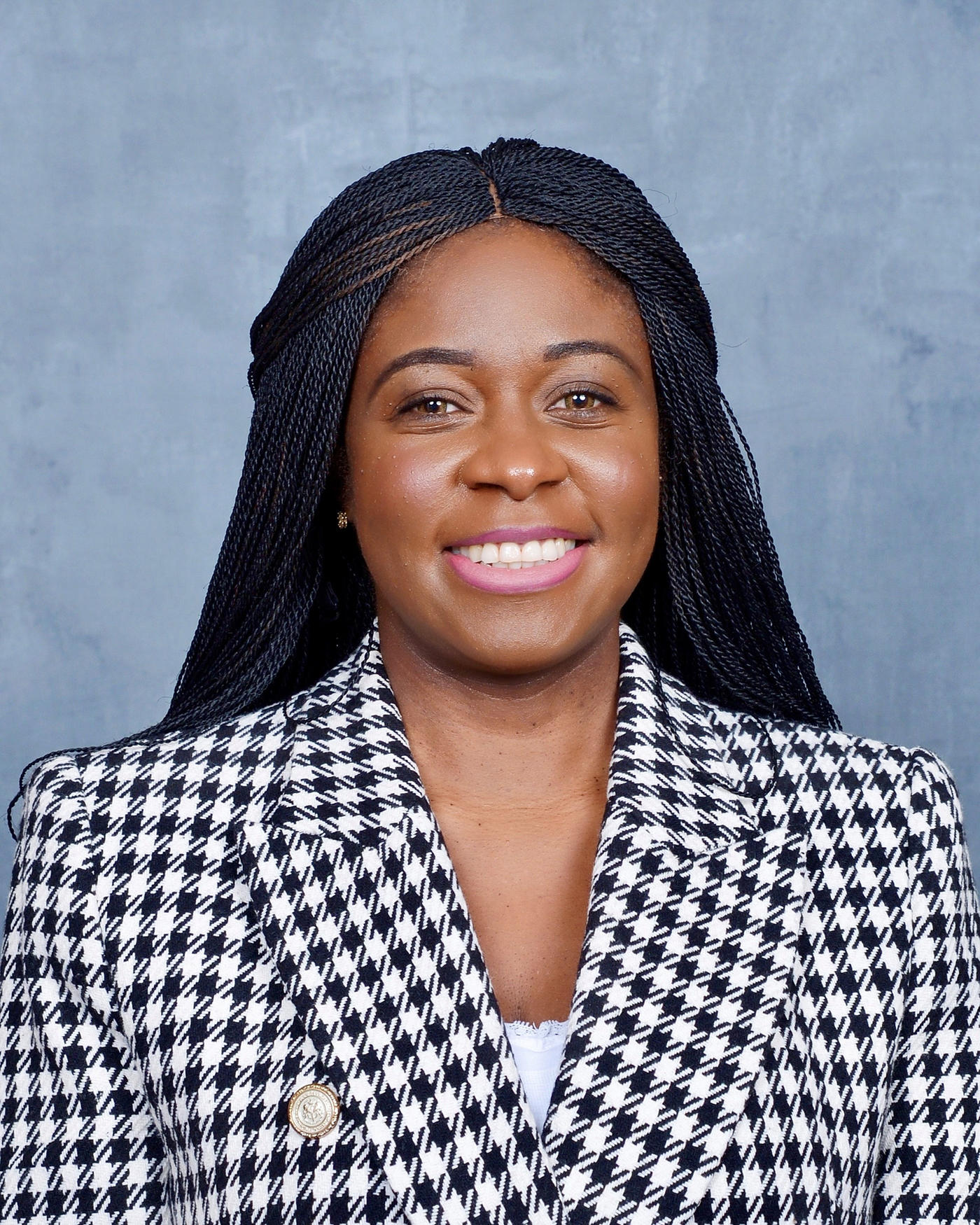Fast forward to the 2017 Match and we were curious to hear from Dr. Adepoju...and to ask the big question: did she land the ophthalmology residency?
It’s been a year since we last spoke. Tell us about the fellowship and what you’ve been up to.
The past year has been a whirlwind! After graduation, I moved to Cleveland and began my fellowship at Case Western. My primary responsibility was to oversee a pilot drug study for macular degeneration, which is the leading cause of blindness in the United States. I was working with 24 mice (all had macular degeneration) and measuring the drug’s impact on cholesterol levels in the retina. High levels of cholesterol are known to cause vision deterioration over time. Every week, I did gene sequencing on enzymes from their eyes and liver and recorded the results.
At that time, I was working in the lab and doing a lot of doctoral-level research. I quickly realized how much I missed seeing patients. On paper, the fellowship seemed like a great opportunity but in reality, it did not feel like the best fit going into the Match. So I began reaching out to people for advice.
My cousin, who is an attending at the University of Pennsylvania, encouraged me to contact Wills Eye Hospital in Philadelphia—one of the top-ranked ophthalmology programs in the country. I submitted an application to their medical education department in early September and a month later I was accepted to start their fellowship program. I packed my bags, moved back to my family in Delaware, and never looked back!
What type of work have you been doing with Wills Eye Hospital? Do you have the patient interaction you were hoping for?
It has been a dream come true. I’ve been mostly working with Dr. George Spaeth, the Director of Glaucoma Research, on a quality of life study. We follow glaucoma patients over a five-year period and track any changes or progression of the disease. For me, that involves doing vision exams and optical coherence tomography to check for changes to the fibers of the optic nerve, as well as follow-up calls to see how our patients’ daily lives are impacted. Those encounters should really only take an hour but I love to talk so they can easily turn into three!
Something that I’ve really enjoyed is the advocacy part. Many of the patients we see live in underserved areas and struggle with things like medication adherence and access to pharmaceuticals. We try to understand their unique challenges and develop plans to help them. We had one patient, for example, who relied on the free samples to manage her glaucoma. We connected her with a social worker who has helped with access to medications.
The study started in 2011 so it’s nearly complete. Just thinking about it—it has been such an incredible experience and one that reinvigorated my love of pathology.
And now the burning question: Did it all help you to land an ophthalmology residency?
I am proud to say it has! I The San Francisco Match confirmed earlier this year that I matched into ophthalmology at Nassau University Medical Center (NUMC) in East Meadow, New York and I just found out that my intern year will be at Queens Hospital Center in Jamaica, New York.
Congratulations! How does it feel?
It’s been a surreal experience. Last year, when I was preparing for the Match, everyone was telling me to go for internal medicine or family medicine. But every fiber of my being was telling me to hold out for ophthalmology. It may have taken me a year longer to land that residency but I wouldn’t change a thing.
The fellowship at Wills Eye Hospital has taught me so much and I’ve gotten to spend the last year with attendings and residents. I’m going to be even more prepared for residency.
What would you say to other AUC students who think ophthalmology isn’t a possibility?
Somebody once told me that I’d never make it to ophthalmology. When I mentioned that to a professor at AUC, she replied, “When you have those types of encounters, turn them into a positive or driving force.”
I took that advice to heart during my third year of medical school. I went to every ophthalmology department during my hospital rotations and asked if I could shadow someone. I got to know as many people as I could and those important connections proved invaluable throughout my residency application.
Yes, we go to an international medical school but at the end of the day we are all going through the same residency process. We are just as capable as any other medical school graduate.
Some people think that ophthalmology exists in a vacuum. How do you connect vision with the larger field of health?
Ophthalmology is a small field but it effects so many other aspects of health. Hypertension, cancer, diabetes, even your everyday sickness can significantly affect vision. This is especially true in the elderly.
My grandmother lost her vision to diabetic retinopathy when I was just a child. She grew up in Nigeria where there is hardly any healthcare. One day, she had a bleed in her eye—something that can be treated with injections—but there was simply no access to that kind of medication. It’s heartbreaking to think that her vision loss could have been prevented.
What does the future look like? Do you have a particular focus in mind?
I’m most interested in the retina and macular degeneration. With no known cure or cause for macular degeneration, it’s really a fascinating area and one that is likely to evolve over the next few years.




